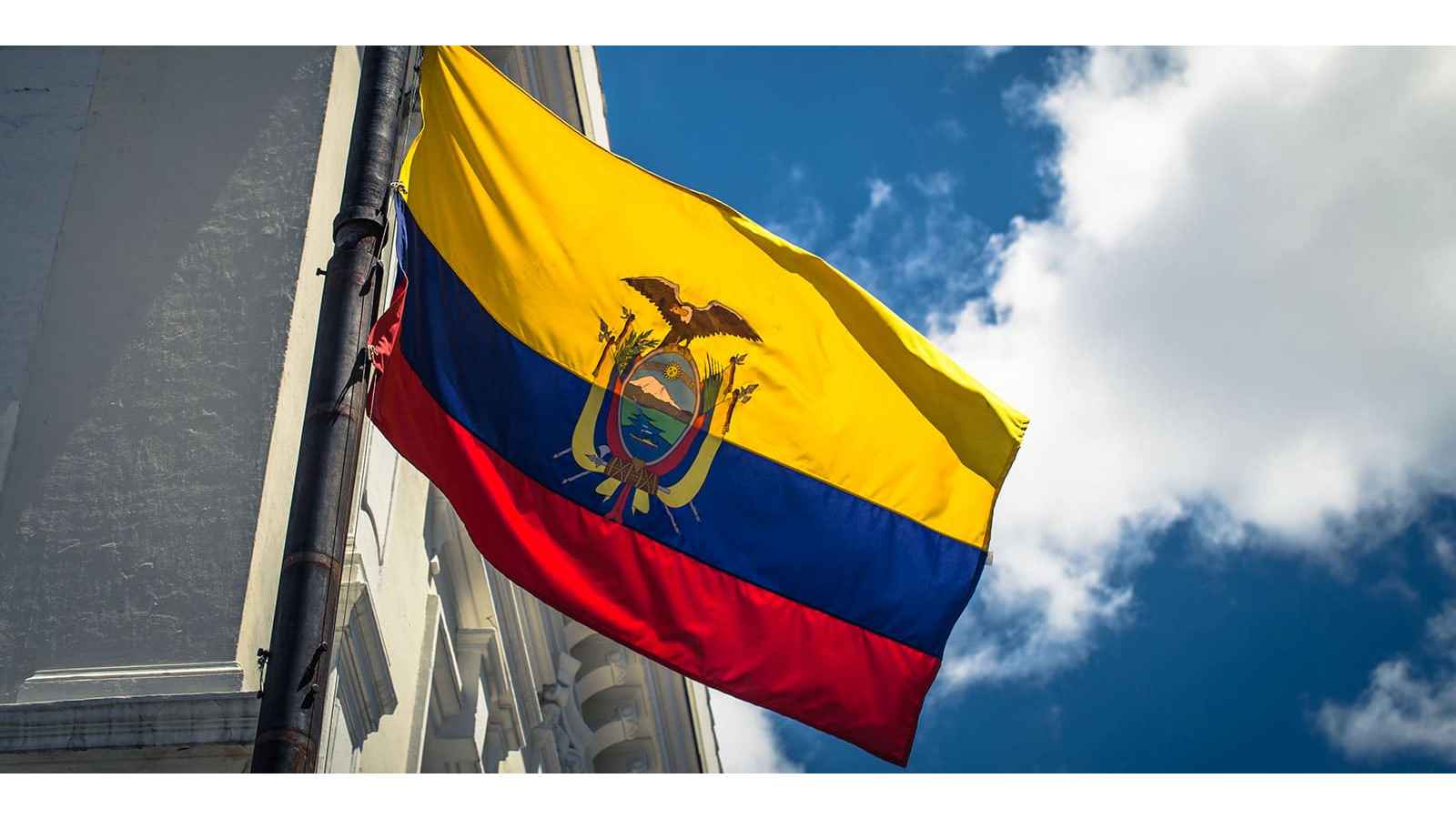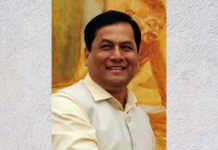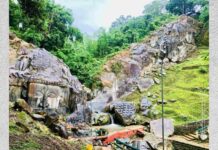Independence Day is a national public holiday celebrated annually on August 10 in Ecuador. In Spanish, it is known as ‘Da del Primer Grito de Independencia de Quito,’ ‘Day of Quito’s First Cry of Independence,’ and in other Hispanic American countries as ‘Primer Grito de Independencia Hispanoamericana,’ or ‘First Cry of Hispanic American Independence,’ as the Ecuadorians were the first in Latin America to declare independence and inspired other nations. On this date in 1809, the inhabitants of Quito, the current capital of Ecuador, rebelled against Spain and declared their independence. Its name in Spanish means “the equator,” which aptly defines its location on the globe.
The background of Ecuador Independence Day
After an Inca civil conflict in 1532, the Spanish under Francisco Pizarro conquered what is now Ecuador from the Inca, and in 1563, Quito became an administrative region of Spain. After nearly 300 years of Spanish rule, on August 10, 1809, the citizens of Quito led by Juan Po Montfar, Quiroga, Salinas, and Bishop Cuero y Caicedo deposed Manuel Ruiz Urriés de Castilla y Pujadas, president of the Royal Audiencia of Quito. On the same day, a provisional government junta was founded in the home of Manuela Caizares.
However, only the closest communities, including Ibarra, Riobamba, and Ambato, joined their cause. Guayaquil remained loyal to the monarch, and its authorities requested that the viceroy of Peru block Ecuador’s coast. The then-president of the Junta, Montfar, felt too much pressure and resigned on October 12. He was succeeded by José Guerrero, but on October 24, they were forced to return power to Ruiz de Castilla. He abolished the Junta, reinstated the Royal Audiencia of Quito, and persecuted and imprisoned its members.
On August 2, 1810, rebels failed in their attempt to liberate imprisoned members, prompting the authorities to execute them. The battle was relocated to the streets of Quito, resulting in the deaths of more than two hundred citizens. However, this was only the beginning of the conflict, and liberator Simón Bolvar felt compelled to declare war on the Spanish government. Guayaquil was the first city to achieve independence from Spain on October 9, 1820. On May 24, 1822, the remainder of the country celebrated their independence following Bolvar’s victory at the Battle of Pichincha.
Ecuador Carnival 2023: Date, Background, Facts, Activities
5 essential facts about Ecuador
It contains more plant and animal species than the entirety of Canada and the United States, despite being roughly the size of Arizona.
Ecuador was the first nation to recognise the constitutional rights of nature, stating that it has the “right to exist, persist, maintain, and regenerate its vital cycles.”
Mount Chimborazo, the highest mountain in Ecuador, is the farthest location from the Earth’s core because it is situated along the equatorial bulge.
In 2011, it accounted for approximately 29% of all exported bananas.
The official language is Spanish, while the remaining 13 are indigenous and include, among others, Quichua and Shuar.
ECUADOR INDEPENDENCE DAY DATES
| Year | Date | Day |
|---|---|---|
| 2023 | August 10 | Thursday |
| 2024 | August 10 | Saturday |
| 2025 | August 10 | Sunday |
| 2026 | August 10 | Monday |
| 2027 | August 10 | Tuesday |




